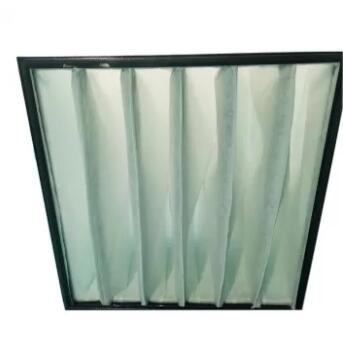The Essential Guide to Rigid Pocket Air Filters
2024-07-05
When it comes to maintaining indoor air quality and protecting HVAC systems, rigid pocket air filters play a crucial role. In this blog, we'll delve into what rigid pocket air filters are, their benefits, and why they're essential for both residential and commercial applications.
What are Rigid Pocket Air Filters?
Rigid pocket air filters, also known as rigid bag filters, are high-efficiency air filtration devices designed to capture airborne particles and contaminants. Unlike traditional air filters, they are constructed with a robust, rigid frame that helps maintain their shape and performance even under varying airflows and pressures.
Benefits of Rigid Pocket Air Filters
1. High Efficiency: These filters are designed to trap a wide range of particles, including dust, pollen, mold spores, and other allergens. They can achieve MERV ratings as high as 15, ensuring superior air quality.
2. Durability: The rigid construction prevents the filter from collapsing or losing its shape, which is particularly important in high-velocity HVAC systems.
3. Long Service Life: Due to their high dust-holding capacity and sturdy construction, rigid pocket air filters generally have a longer lifespan compared to other types of filters.
4. Energy Efficiency: By maintaining consistent airflow and reducing the strain on HVAC systems, these filters can help in lowering energy consumption and operational costs.
Applications of Rigid Pocket Air Filters
Rigid pocket air filters are versatile and can be used in various settings, including:
- Commercial Buildings: Office spaces, shopping malls, and hotels.
- Industrial Facilities: Manufacturing plants, food processing units, and pharmaceutical industries.
- Healthcare: Hospitals, clinics, and laboratories.
- Residential: Homes and apartment complexes.
Choosing the Right Rigid Pocket Air Filter
When selecting a rigid pocket air filter, consider the following factors:
- MERV Rating: Higher ratings indicate better filtration efficiency.
- Filter Size: Ensure the filter dimensions match your HVAC system.
- Airflow Requirements: Choose a filter that can handle the airflow rate of your system without compromising performance.
- Environmental Conditions: Consider the specific contaminants and conditions of your environment.
By understanding these aspects, you can make an informed decision and enhance the air quality in your space effectively.



